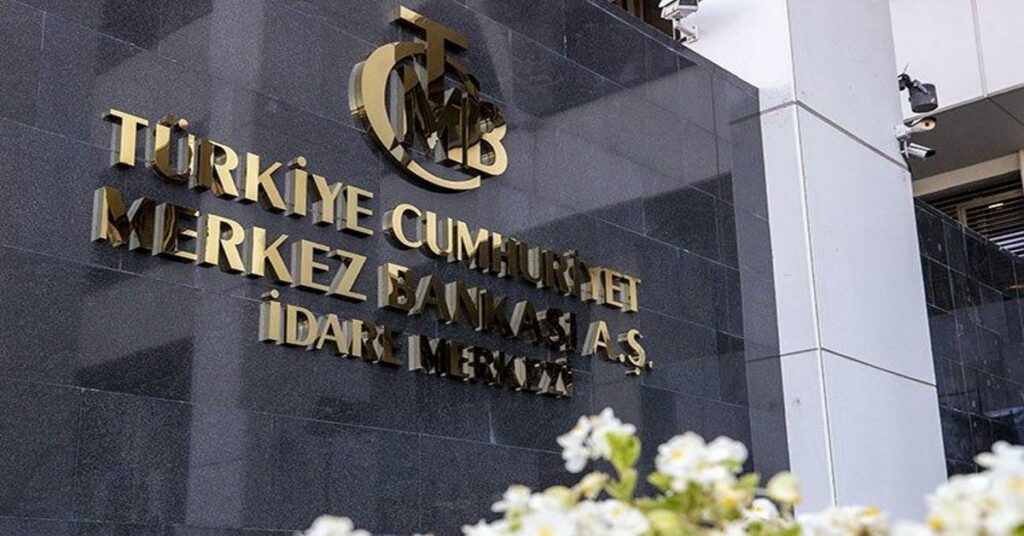UN forecasts 3.1% growth for Turkish economy in 2025, outpacing global average
 Image shows Turkish flag and Turkish lira (Image by Tugce Atmaca/Türkiye Today)
Image shows Turkish flag and Turkish lira (Image by Tugce Atmaca/Türkiye Today)
The Turkish economy is estimated to grow by 3% in 2024 and 3.1% in 2025, surpassing the global average of 2.8% for both years, with a moderately easing monetary policy aligned with declining inflation, according to a U.N. report released Thursday.
The U.N.’s “World Economic Situation and Prospects 2025” (WESP) report forecasted that global economic growth will remain at 2.8% in 2025, unchanged from 2024. Despite resilience to ongoing global shocks, the report said that economic growth continues to lag behind the pre-pandemic average of 3.2%, constrained by limited investment, slow productivity gains and rising debt levels.
The report highlighted uneven recovery patterns across regions, persistent inflation and challenges such as climate change and food insecurity, urging governments to prioritize sustainable development investments to tackle these issues.
Secretary-General of the United Nations Antonio Guterres emphasized “interconnected economic shocks” that spread inflation widely in the report’s foreword.
“Every country is affected and must be part of the solution—building on progress made. We’ve set a path. Now it’s time to deliver,” Guterres remarked.

Key global insights
- Global growth: Economic expansion will stagnate at 2.8% in 2025 due to structural challenges and subdued momentum compared to pre-pandemic levels.
- Regional performance:
- South Asia: The fastest-growing region, projected to grow by 5.7%, led by India at 6.6%.
- East Asia: Growth forecast at 4.7%, driven by China’s stable 4.8% expansion and robust private consumption.
- Africa: Modest growth of 3.7%, supported by recoveries in Egypt, Nigeria and South Africa, despite debt and climate challenges.
- U.S.: Growth expected to slow to 1.9%, reflecting a cooling labor market and weakened consumer spending.
- Europe: A modest recovery with 1.3% growth, constrained by aging populations and fiscal tightening.
- Global trade: Trade is expected to grow by 3.2%, supported by manufacturing exports from Asia and strong services trade but hindered by geopolitical tensions and protectionism.
- Inflation: Global inflation is projected to ease to 3.4% in 2025, although many developing nations may face above-average rates, with one in five experiencing double-digit inflation.

- Food security: Nearly half of developing countries are grappling with food inflation above 5%, exacerbating hunger and poverty in vulnerable regions.
- Policy recommendations: Governments should leverage fiscal space from easing monetary conditions to invest in critical sectors like health, education, and infrastructure.
Turkish economy’s growth amid global recovery and slowdown
The report underscores Türkiye’s economic potential as the largest economy in the region, emphasizing its disinflation program within a tight monetary policy framework. While inflation is projected to stay in double digits, the positive impact of recovery on the economy is significant.
Key points include:
- Türkiye’s economic growth is projected to decelerate from 5.1% in 2023 to 3% in 2024 before slightly improving to 3.1% in 2025.
- The Central Bank of the Republic of Türkiye (CBRT) has maintained a tight monetary policy stance, with the policy rate held steady at 50%. Gradual interest rate cuts are anticipated in 2025 as inflation eases.

- Measures of monetary tightening and fiscal consolidation, initiated in June 2023, began yielding results by the second quarter of 2024.
- Weakening domestic demand has significantly reduced imports. Combined with flat exports, this has led to positive contributions from net exports to growth and a narrower current account deficit.
- Fiscal deficit reductions and easing inflationary pressures are expected in 2025 due to these measures.
Türkiye’s annual inflation was recorded at 44.38% in December, sustaining its drop since June 2024. On the other hand, CBRT implemented its first interest rate cut almost two years after holding it steady at 50% for eight consecutive months, since March.
The latest foreign trade statistics also reflected a 26.8% decrease between January-November period with $73.35 billion, compared to the same period in 2023.



